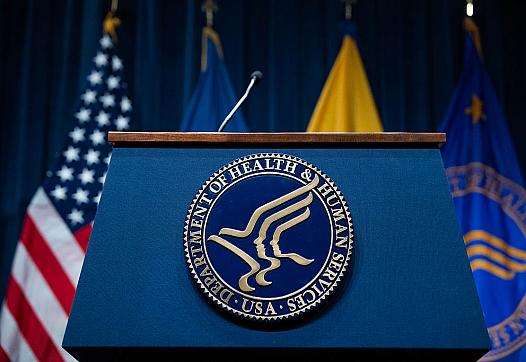Webinars
Our nationally recognized webinars bring together top experts and leading reporters to offer timely primers, briefings and essential background on the biggest health stories of the day. Check out our deep library of nearly 100 previous webinars, archived below for full viewing. Brush up on crucial health topics, gather resources, and discover overlooked story ideas.






